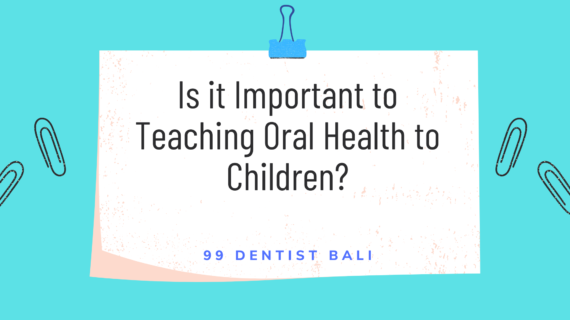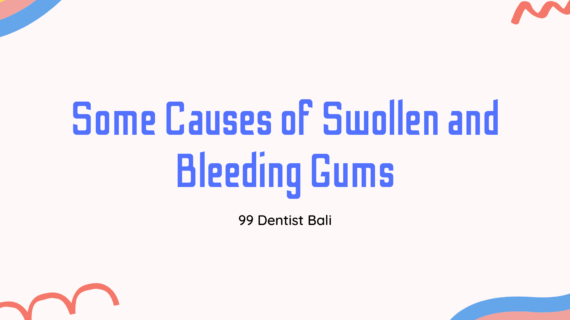Characteristics of Cavities – Did you know? Cavities is a condition in which the tooth is damaged. Which erodes the tooth (email) to the inside of the tooth (dentin), forming a hole. Cavities are caused by bacteria in the mouth, frequent consumption of sweet foods, and poor oral hygiene.
You will usually feel cavities. Several disorders are common, both in adults and children. Therefore, you should check with the dentist. Because, it needs to be done regularly, generally cavities do not cause pain at first so they are difficult to detect. Pregnant women or children who experience cavities should immediately consult a doctor. That’s all because treatment and prevention can be different.
If your teeth are cavities and not treated immediately, the holes will enlarge, and are at risk of causing infection and decaying teeth, and tooth loss.
Also Read Some Causes of Swollen and Bleeding Gums
Characteristics of Cavities
If you want to know the characteristics of cavities, generally the symptoms that appear in each person can be different. Because it depends on the severity and location of the hole in the tooth. When your cavities are small and just forming, symptoms may not appear or be felt. However, when the condition is getting worse than usual, such as:
- You will feel a toothache, especially when biting or when the tooth is pressed.
- Your teeth become sensitive.
- Pain when consuming sweet, cold or hot food or drinks.
- There are holes that are clearly visible in your teeth.
- Pain in the teeth that occurs spontaneously for no apparent reason.
- There are parts of your teeth that turn white, brown, or black.
Causes of Your Cavities
If you have cavities, it is usually preceded by the presence of plaque in the mouth. Plaque comes from food residue that contains sugar, such as bread, cereal, milk, soft drinks, fruit, cakes, or candy, which is then converted by natural bacteria in the mouth into acids.
The combination of bacteria, acid, food residue in your mouth. Then the saliva, will form plaque that adheres to the teeth. The acids present in plaque slowly erode the layers of your teeth, and eventually form holes in your teeth.
In addition to the things mentioned before, you can get cavities also be caused by other things:
- You do not use toothpaste containing fluoride. Fluoride is a compound that is generally contained in toothpaste, serves to maintain health and prevent tooth decay.
- You eat too many sweet or sour foods or drinks.
- Your mouth is very dry.
- Suffering from eating disorders and acid reflux disease.
- Increase in your age.
- Regular use of medications, such as supplements, vitamins, or herbal products that contain sugar.
- You rarely brush or floss your teeth.
What is the diagnosis of cavities looks like?
Your examination usually begins with a question and answer session, especially about the symptoms you are experiencing. The dentist will then look at the condition of the mouth and teeth. Then touch your teeth with a special tool to check for areas that are tender due to tooth decay.
Dental X-rays can also be used to check the condition of the teeth. X-rays can show damage that has occurred in the tooth, even though the damage has not been seen with the eye.
You can prevent cavities
Some things that can be done to prevent cavities are:
- Brush your teeth twice a day with toothpaste that contains fluoride.
- Floss your teeth at least once a day.
- Use mouthwash or mouthwash after brushing your teeth.
- Reduce consumption of sweet or sour foods and drinks, such as candy or fizzy drinks.
- Reduce snacking habits.
- If cavities are caused by a health condition, such as acid reflux disease or dry mouth, talk to your doctor about how to treat them.
- Consult your dentist first before using any medications, supplements or herbal products.
You can also eat some of these foods and drink to prevent it:
- Black tea or green tea without sugar/sweetener.
- Drinking water containing fluoride.
- Foods high in calcium, such as nuts and cheese.
- Low-sugar gum containing xylitol.
Treatment of cavities
Treatment of cavities can vary, depending on the severity of the condition experienced by each patient. Some medical actions that can be taken to treat cavities
Conclusion
Cavities will cause pain, especially if the condition gets worse. For that we recommend you to come to the nearest dental clinic so that the doctor can treat you properly. You can also visit our clinic at 99Dentist and make online appointments during this pandemic.


